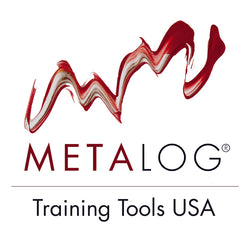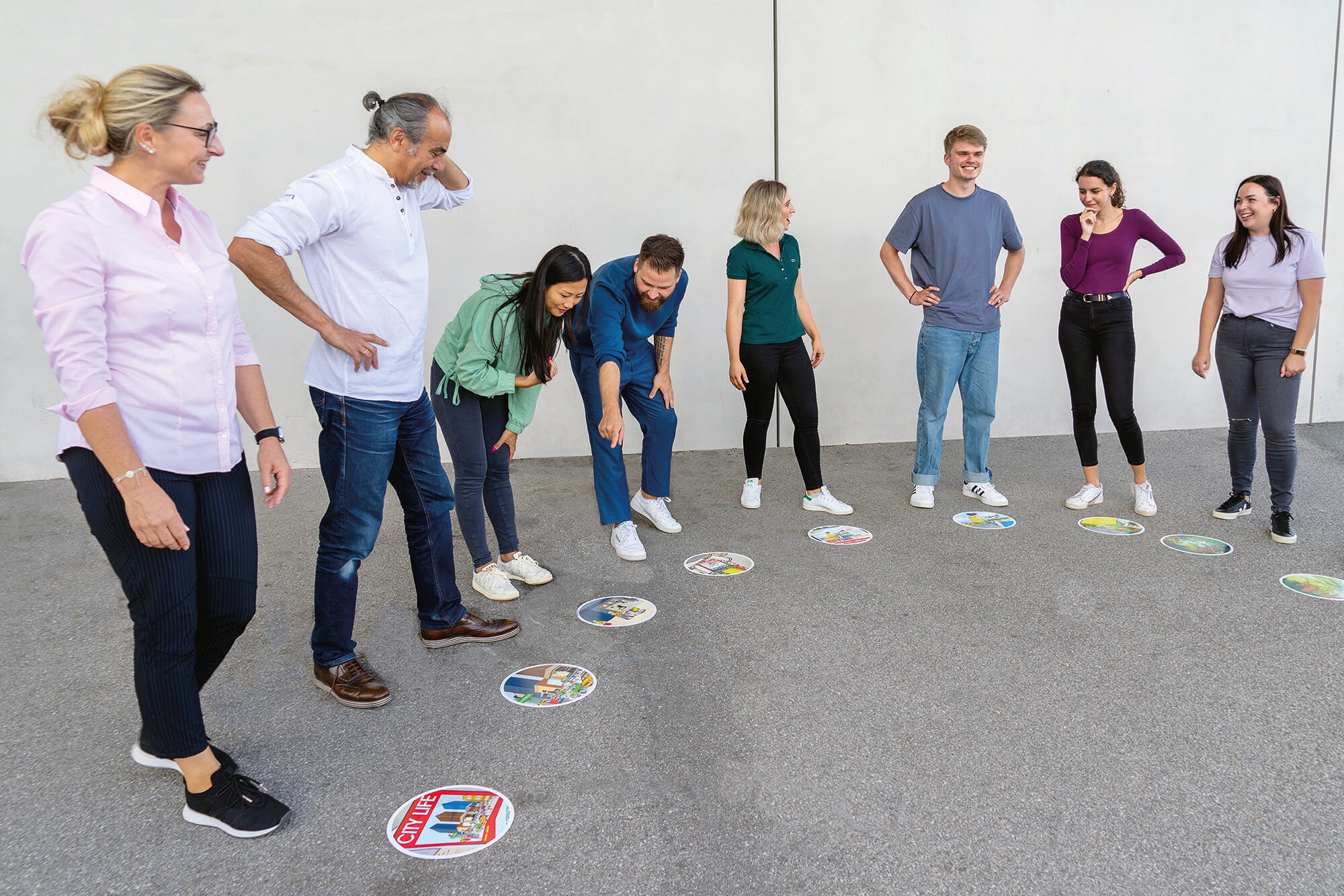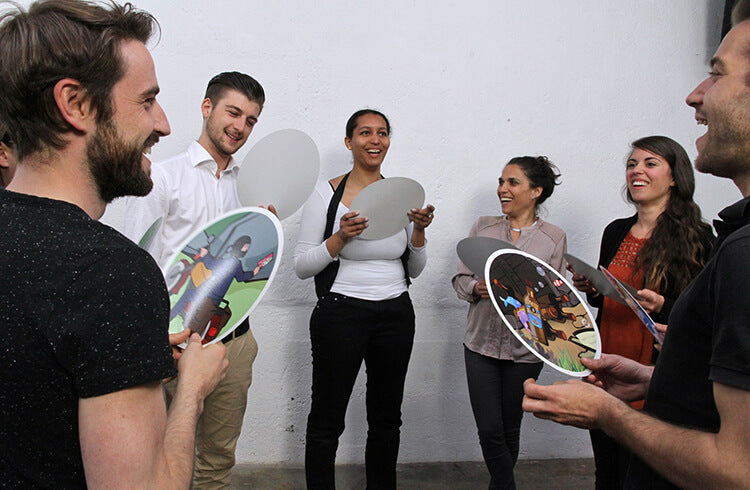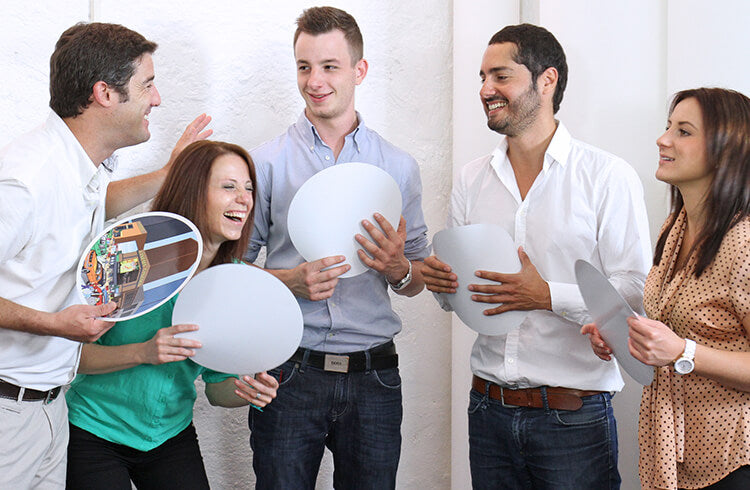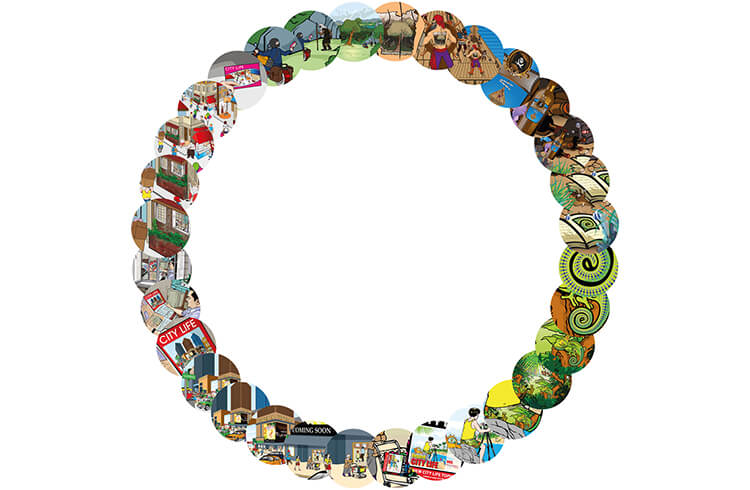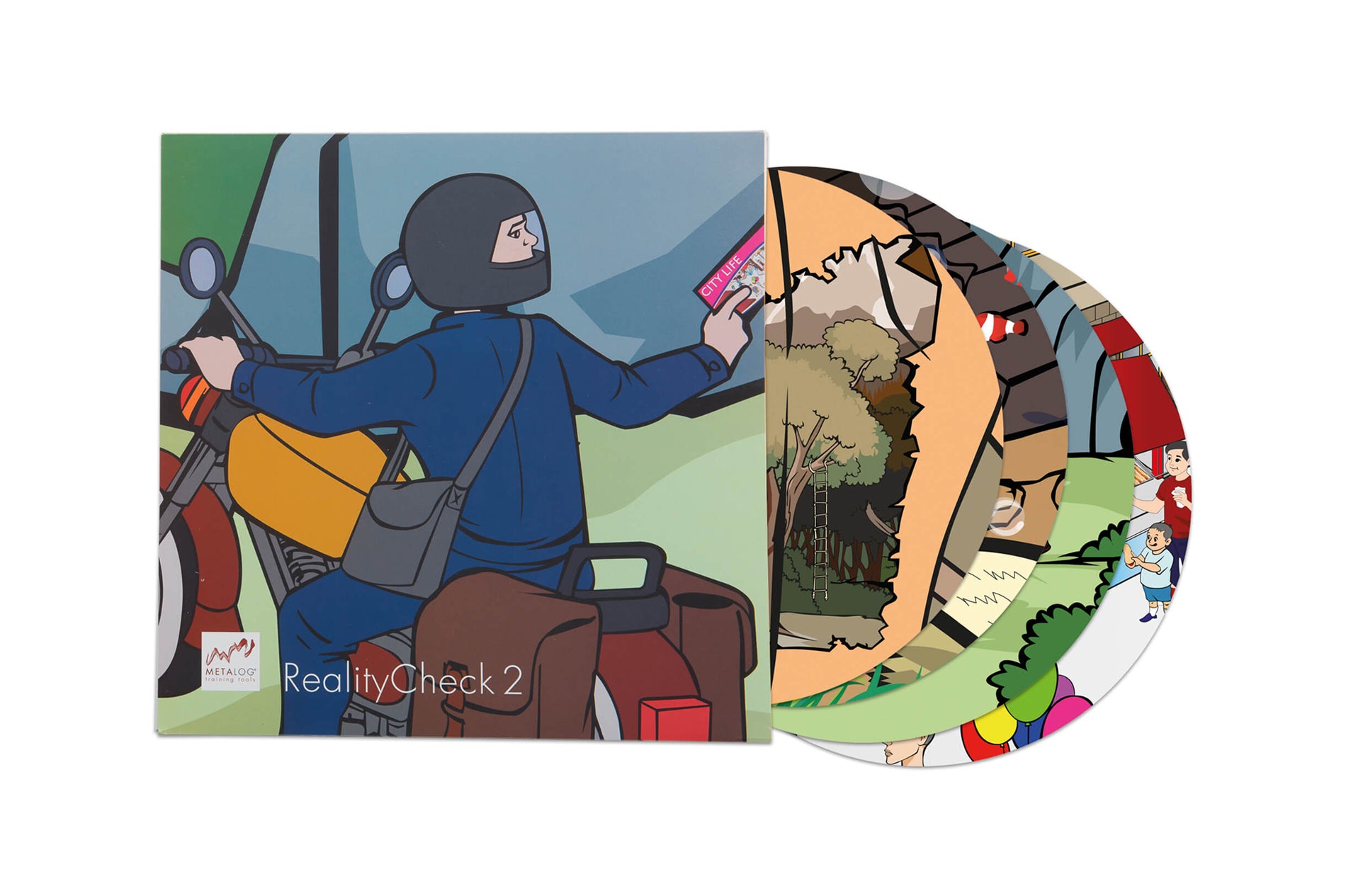- No products in the cart.

The German carrier used Reality Check to prepare cockpit, cabin and ground crews to work deliberately as a single unit – a skill essential to aviation safety
Every year, nearly 3,000 employees at Condor Airlines participate in an important safety training known as Crew Resource Management or CRM. Unlike technical training, CRM is focused on a flight and ground crew's cognitive and interpersonal skills – the human factors – that can have a significant impact on safe air travel.
Developed in the late 1970s in response to a tragic accident where human error was found to be the cause, CRM is now used throughout the aviation industry wherever human error would have deadly results. It addresses a wide range of competencies and attitudes, including communication, group dynamics, situational awareness and decision making.
Recently, during Condor's annual CRM training, the carrier sought to teach flight and ground crews how to consider each other's individual perspectives while at the same time aligning around a single, common purpose – to perform their duties as a fully coordinated team.
"A shared mindset and unified action are absolutely key to ensuring prompt action can be taken in complex and time-critical situations," explains Annette Schmidt, head of Condor's Mandatory Training and Competence Center, who led the training. "So the focus of this year's training cycle was to first sensitize employees to the change of perspective in a large team."
Participants ranged from pilots, flight attendants and air traffic controllers to ground operators, cleaners and catering staff. The tool of choice for this exercise was Reality Check.
Working with groups of 15-20, Schmidt shuffled the sequential picture cards into a random order, face down, then invited each participant to select a card. They were instructed to keep the cards to themselves, while she introduced the activity.
"Imagine that you come from different worlds," she explained. "Within a short period of time, you are tasked with developing a shared picture – that is a smooth flight operation – that will also hold up in critical situations and enable you to act as one. You have 15 minutes to do this."
Each Reality Check card represented one element of a successful flight
The challenge was clear – to create a shared vision for a successful flight within the allotted time – and the metaphors from each element of the activity were easy to follow. Each card represented an individual's role, each mini sequence of several cards represented a specific unit of the airlines that overlapped with another unit, and the entire set of cards, once in the correct order, represented the correct sequence of processes that must occur for a smooth flight (catering, crew preparations, passenger boarding, etc.).
"The hard-earned success gained through Reality Check demonstrated how important the role of each individual on a team is – from the newest flight attendant to the most experienced captain. At the end of this training cycle, I realized how important it is to provide space for group dynamics and to not have to comment on everything the participants say."
The activity triggered authentic behavior that participants learned from
As the participants observed each other during the challenge, they were fascinated to see who took on various tasks and in what order. They noticed who assumed the role of facilitator, who was content to take instructions, and even who become frustrated, all of which Schmidt used during the debrief.
"The participants realized how important it was for everyone to feel that they were being taken seriously and that information needed to be communicated well so that the entire sequence of actions could be handled in a purposeful way (for example, the delivery of catering, the end of crew preparations, and finally passenger boarding)," she explained. "Active listening was crucial in order to determine exactly where to position oneself in the picture story."
Schmidt paired the
"The central element of the reflection was that everyone realized the importance each individual played in the result," Schmidt explained. "That 'we' started with 'me' regardless of position or experience. As a result of the experience, the more dominant characters showed more restraint and the more reserved characters acted with more self-confidence."
About the trainer
Annette Schmidt is the Head of Condor's Mandatory Training and Competence Center in Frankfurt, Germany.
